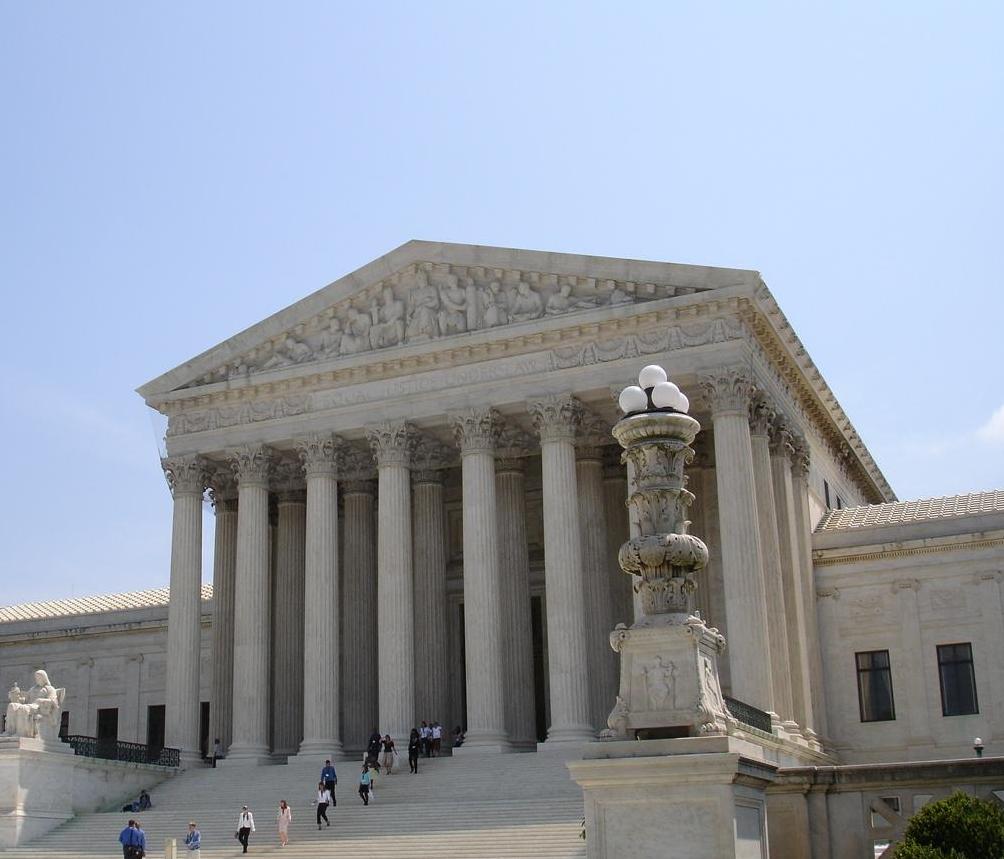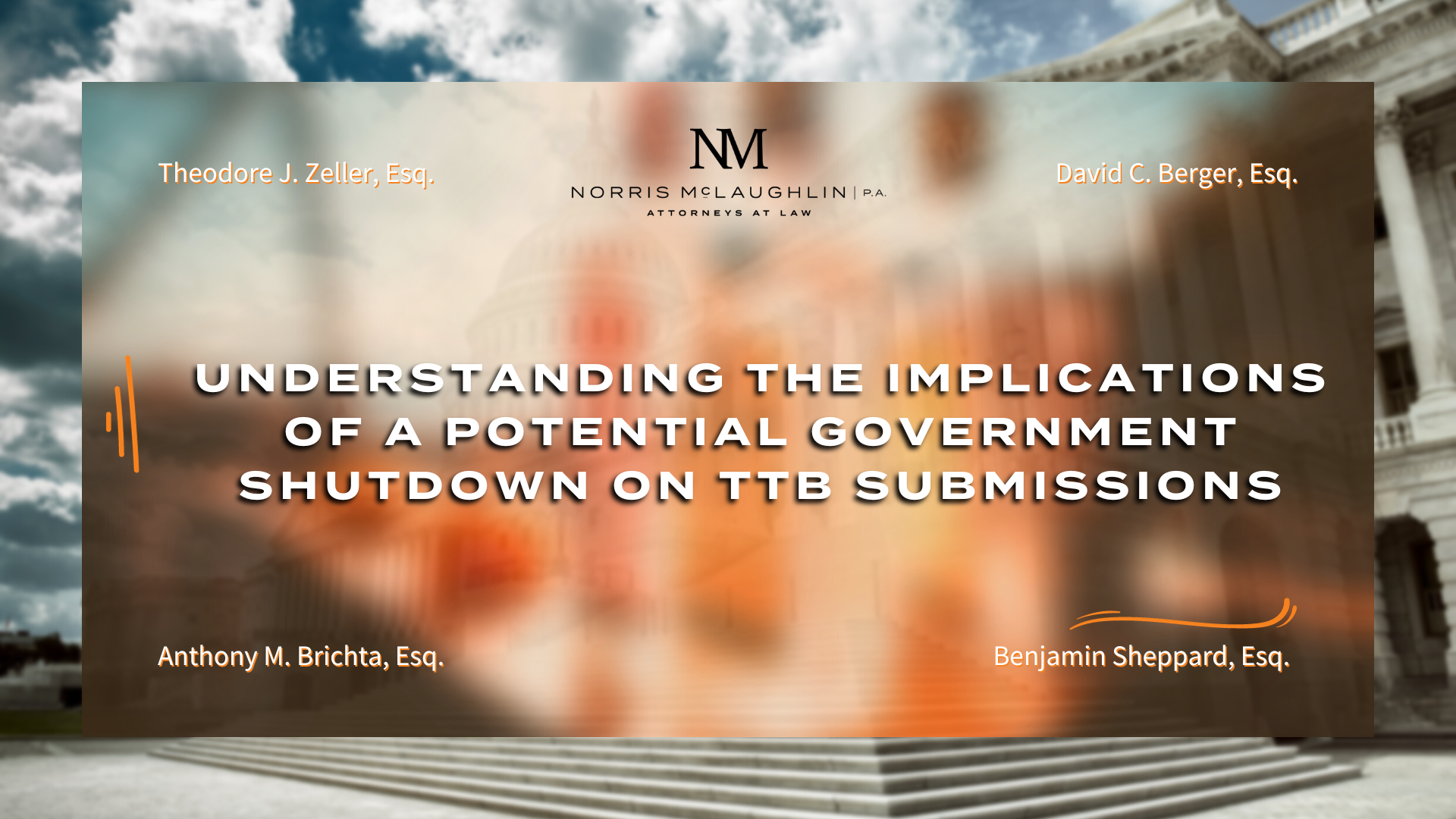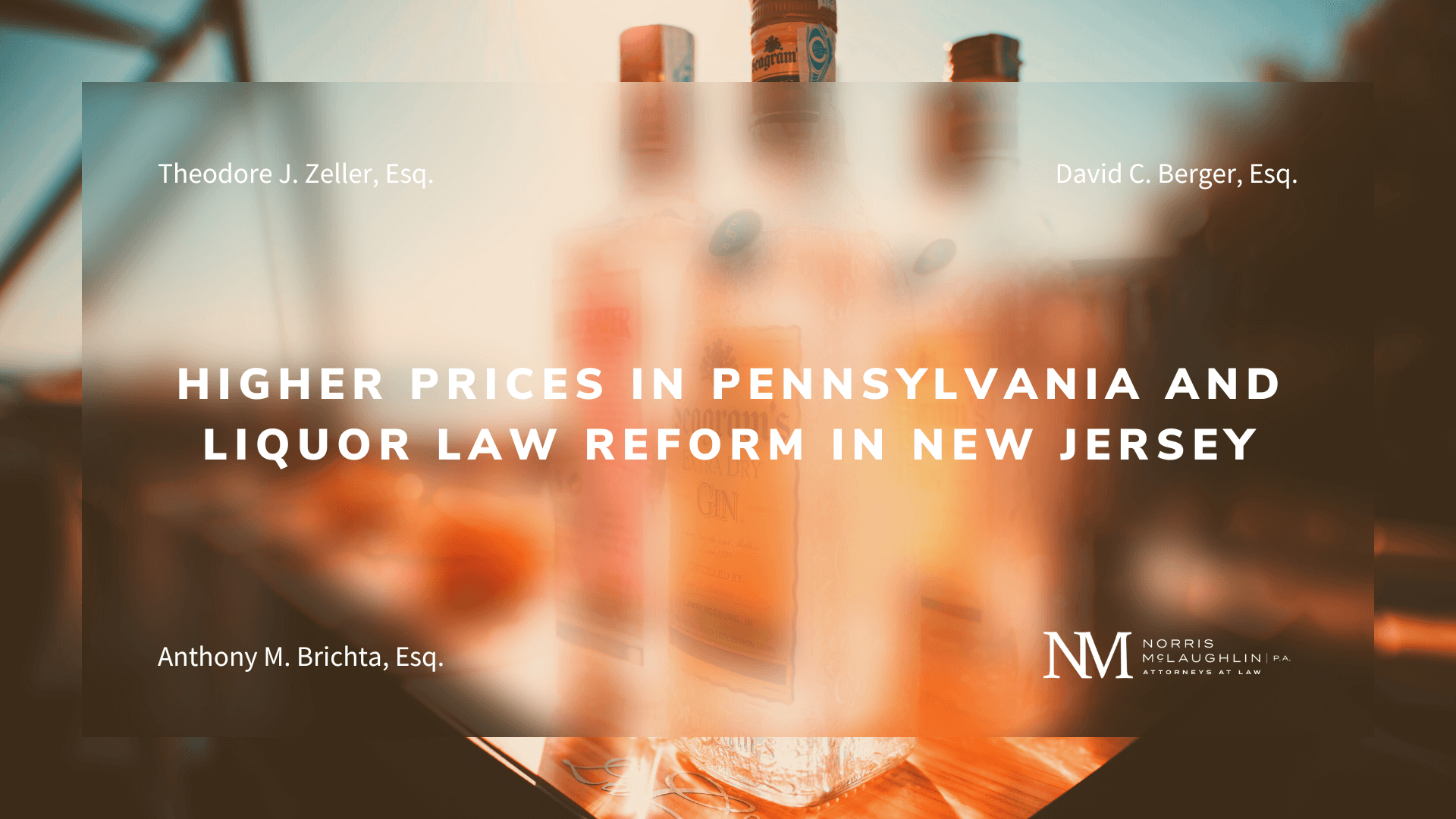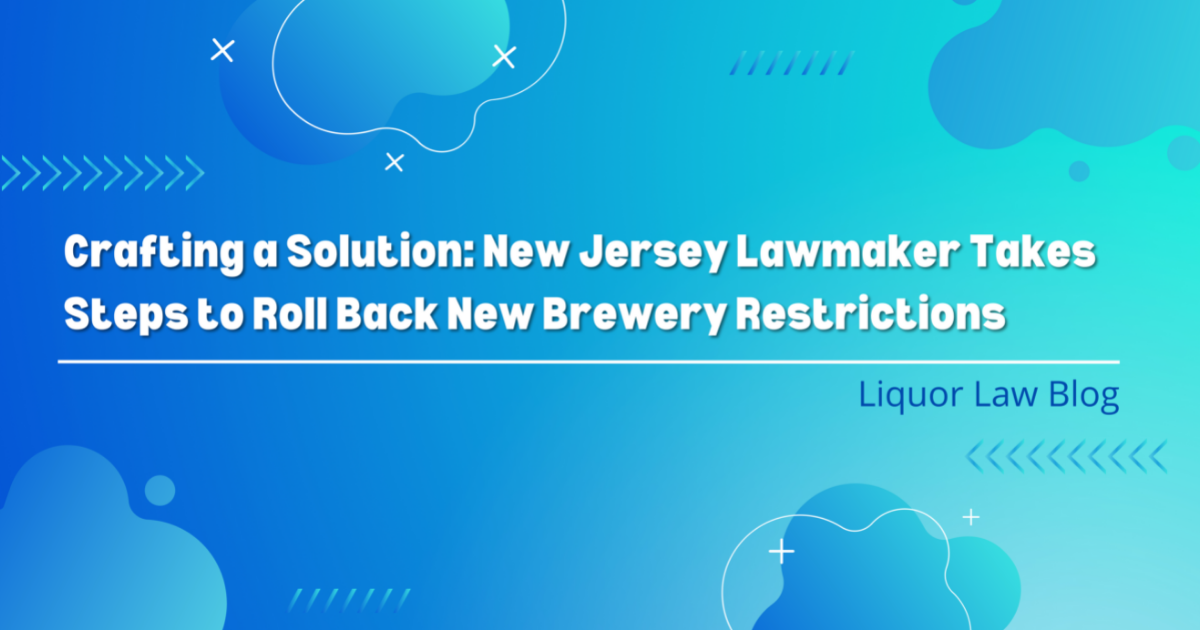U.S. Supreme Court Strikes Down Tennessee Residency Requirements and Potential Pennsylvania Liquor Code Impact

Last week, the United States Supreme Court (“SCOTUS”) issued the long-awaited decision in Tennessee Wine & Spirits Retailers Association v. Thomas (“Tennessee Wine”). The Tennessee Wine case was watched closely by liquor attorneys, businesses, consultants and others, as it was the first case that SCOTUS has heard since 2005 regarding constitutionality of state liquor laws. Specifically, SCOTUS was tasked with determining if Tennessee’s two-year residency requirement to obtain a retail liquor license violated the U.S. Constitution. SCOTUS ruled that the residency requirement was unconstitutional, but it was a very narrow opinion that was mostly based upon the facts of the individual case and not state residency requirements generally. While the decision is clearly a precedential example of what state residency requirements would be unconstitutional, it does not mean that every state that has a residency requirement to obtain a liquor license will be repealing those immediately.
Initially, the 21st Amendment of the U.S. Constitution repealed Prohibition in 1933, and gave states the right and authority to enact liquor laws that “address the public health and safety effects of alcohol use and other legitimate interests.” Does that right include requiring state residency to hold a liquor license? According to SCOTUS, it does not, but such a determination should be taken on a case-by-case basis, as the facts in Tennessee Wine made the constitutional violation clear.
In 2005, SCOTUS decided Granholm v. Heald, which addressed the validity, under the Commerce Clause of the U.S. Constitution, of state liquor laws prohibiting out-of-state wineries from direct-shipping wine to consumers in a given state when in-state wineries were permitted to do the same. SCOTUS struck down these laws as unconstitutional because “in all but the narrowest circumstances, state laws violate the Commerce Clause if they mandate ‘differential treatment of in-state and out-of-state economic interest that benefits the former and burdens the latter.’” Essentially, what Granholm means, at least for manufacturers, is that state laws cannot prevent a non-resident manufacturer from availing itself to the market in another state. The key quote from SCOTUS, which led to a majority of the arguments in Tennessee Wine against the state residency requirement, was that a state cannot enact laws that “burden out-of-state producers or shippers simply to give a competitive advantage to in-state businesses.”
Now, in 2019, 14 years and a lot of litigation later, SCOTUS heard and decided Tennessee Wine – the next landmark decision to affect the alcohol industry. The parties opposing the Tennessee residency requirement argued, among other things, that the residency requirement was a protectionist law to benefit in-state retailers. Proponents of the residency requirement argued that it had a rational basis in the authority given to the states under the 21st Amendment to enact and enforce laws that promote public health and safety. They claimed the residency requirement promotes responsible consumption and permits the vetting of license applicants. The proponent’s argument failed to convince seven of the nine justices, however, according to Justice Alito, “the provision expressly discriminates against nonresidents and has at best a highly attenuated relationship to public health and safety.” Tennessee’s 10-year residency requirement for license renewals and prohibition of publicly traded corporations from operating retail stores in the state were also struck down by SCOTUS. Justice Alito stated that those requirements “are so plainly based on unalloyed protectionism that neither the Association nor the state is willing to come to their defense.”
Where do we go from here? I think this will lead to many more lawsuits litigating state residency requirements and other state requirements that people believe are not rationally related to the protection of public health and safety. There are currently approximately 20 states which employ residency requirements for liquor licensing. Tennessee Wine did not give much of a framework for lower courts to work from, and I am not sure SCOTUS would have ruled the same way if this case was brought under different facts. However, there is now another precedential case for practitioners to use in arguing against state requirements for liquor licensing. Moreover, multistate alcohol retailers, such as Total Wine (a key player in Tennessee Wine), will likely look to push the boundaries and see if they can move into new, previously restricted markets. Ultimately, the best takeaway from Tennessee Wine is that a state can enforce requirements that are rationally related to protecting public health and safety, but states cannot “adopt protectionist measures with no demonstrable connection to those interests.”
Finally, what does this mean for our beloved Pennsylvania Liquor Code? Right now nobody has the answer to. Section 4-431 of the Pennsylvania Liquor Code states that: “[i]ndividuals, partnerships, and associations who are, or whose members are, United States citizens must be residents of Pennsylvania, and in the case of corporations, all the officers and directors must be residents of Pennsylvania and at least 51% of the capital stock of such corporations must be owned by individuals who are residents of Pennsylvania. Individuals who are not residents are limited to ownership of no more than 49% of the capital stock of a corporate licensee.” As you can see, the PLCB requires that individuals who own distributor or importing distributor licenses must be residents. If a business entity seeks to hold the distributor or importing distributor license, all officers and directors must be residents of Pennsylvania, and at least 51% of the interest in that entity must be owned by Pennsylvania residents. This residency requirement is ripe for a challenge under the rationale in Tennessee Wine. Although not nearly as extreme as the facts in Tennessee Wine, a law requiring all officers and directors of a business, and at least 51% of interest holders in a business, to be residents to obtain a license could be struck down as unconstitutional.
We will see what happens on the litigation front, but I would not be surprised to see a multistate beer wholesaler take a shot at having Pennsylvania’s residency requirement invalidated. Unfortunately for all of those hoping for private liquor stores in Pennsylvania, I do not see this breaking apart the state store system, but it would be interesting to see the result if someone were to challenge it. It will be interesting to see if future challenges focus on the rational basis of a state’s alcohol laws alone, as opposed to an additional commerce clause challenge. This is a shout-out to our neighbors in New Jersey, as we continue struggling to understand the rational basis for the recent New Jersey Special Ruling affecting New Jersey breweries.
For information regarding national and state liquor law matters or general manufacturing and distribution advice, please contact our Liquor Law, Licensing, Manufacturing, and Distribution Practice Group: Liquor Law Department Chair Theodore J. Zeller III, Esquire (tzeller@norris-law.com); David C. Berger, Esquire (dberger@norris-law.com) for Pennsylvania and New Jersey retail and manufacturing licensing; or contact our offices at 610-391-1800.




